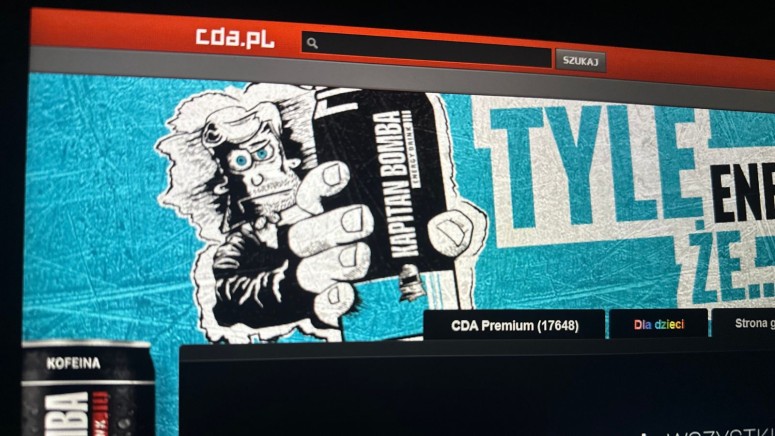
Polish Streaming Service CDA Rejects MPA’s Piracy Allegations, Says They Are Misleading
- Polish video-on-demand service CDA was accused by the Motion Picture Association of being a piracy market.
- As a result, CDA rejected MPA’s claims, calling them false and misleading.
- CDA said it operates legally and transparently and is listed on the NewConnect stock exchange.
Polish video-on-demand (VOD) service CDA has once again found itself embroiled in controversy as the Motion Picture Association (MPA) accuses it of being a notorious piracy market. This ongoing dispute has escalated with CDA’s assertive rebuttal to the U.S. government, labeling the MPA's claims as "false and misleading."
The MPA has flagged CDA as Poland's most popular piracy website since 2018, alleging it eclipses legitimate VOD services in traffic.
CDA argues that it operates legally and transparently under Polish and European laws and is even listed on the NewConnect stock exchange. This affiliation subjects it to rigorous financial and regulatory scrutiny, countering any claims of unlawful operations.
CDA emphasizes its robust anti-piracy mechanisms, highlighting a fully functional notice and takedown system akin to YouTube's Content ID. This system empowers rightsholders, including major Hollywood studios, to directly remove infringing content without delay.
Interestingly, CDA’s legal representative points out that despite granting the MPA access to a direct takedown tool, the Hollywood group has neither utilized this tool nor provided specific links to infringements, raising questions about the MPA's engagement in resolving the issue.
This high-profile case underscores the complexities surrounding digital content distribution and piracy claims. It sheds light on potential competitive behaviors affecting market dynamics, where rival entities might leverage piracy accusations to exert pressure.
As the debate continues, this case highlights the need for transparent dialogue and effective mechanisms to address intellectual property concerns without stifling legitimate businesses. For industry stakeholders, it emphasizes the importance of balancing rights protection with fair competition.
In recent news, MPA dissolved FMovies and other pirate movie websites, but clones keep appearing, and MPA pressure forced pirate site Cuevana to shut down voluntarily.











